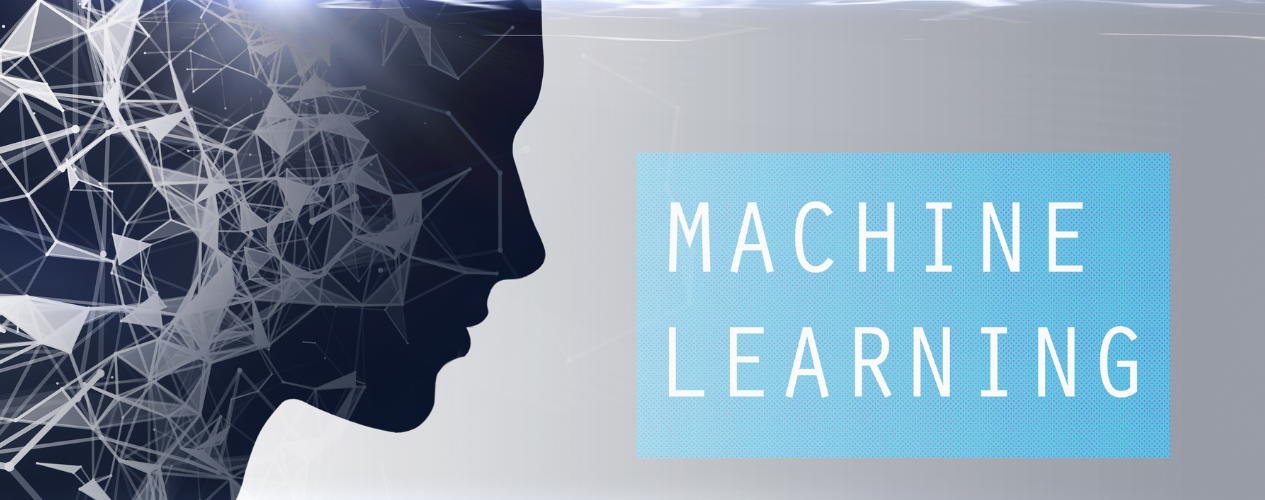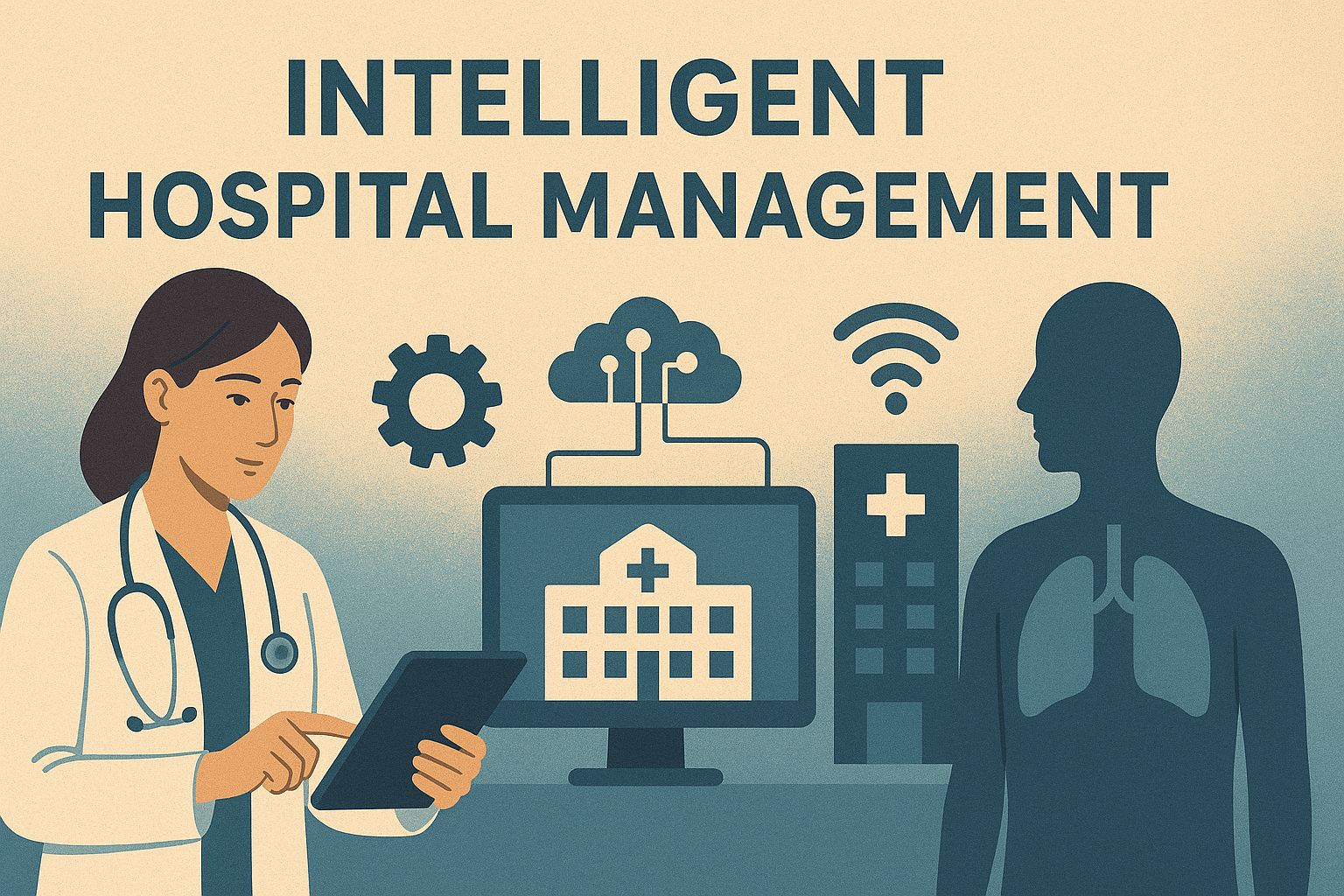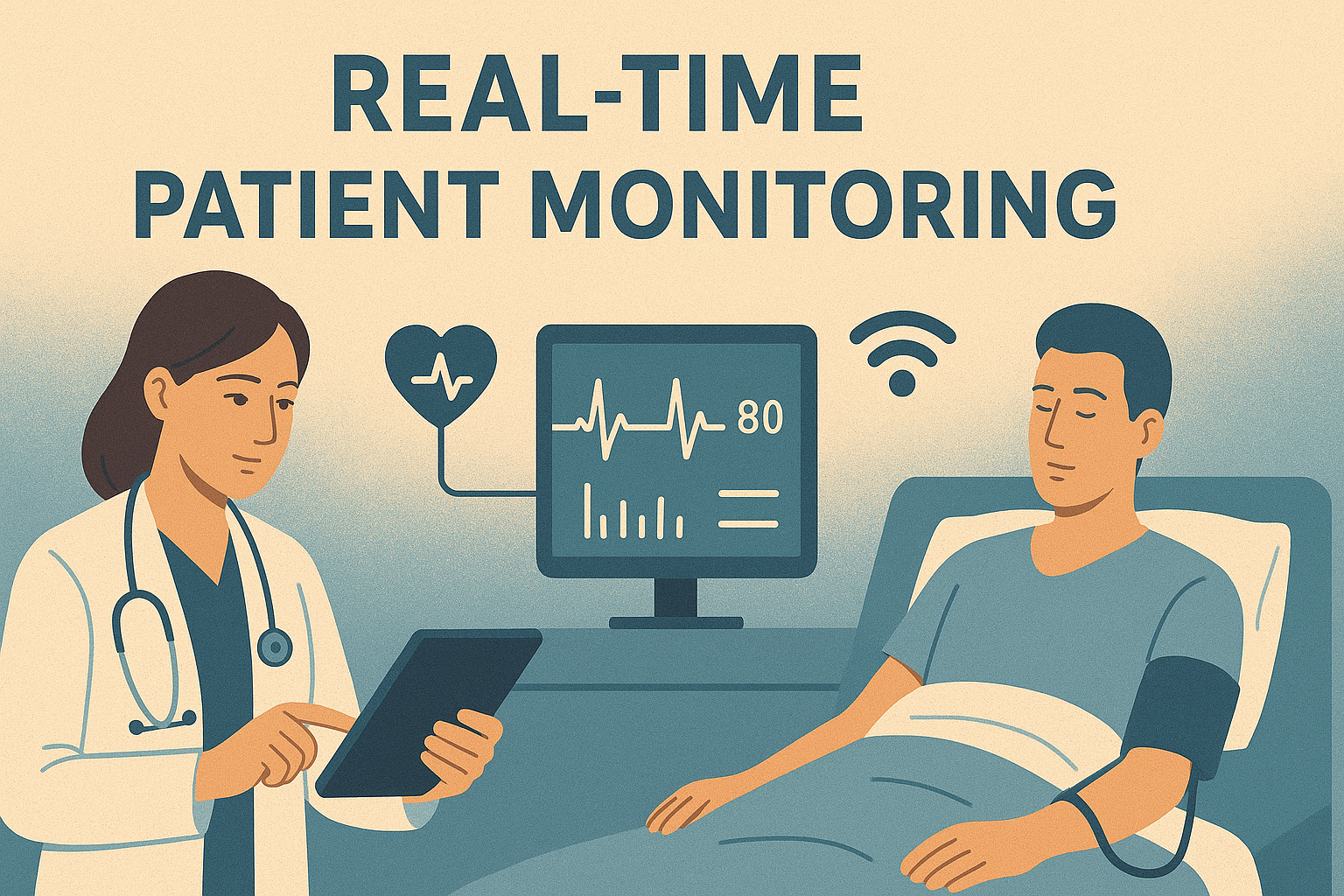Machine learning is no longer a futuristic concept—it’s actively redefining how hospitals and clinics approach diagnostics and treatment. From AI-powered imaging tools that detect anomalies invisible to the human eye to predictive algorithms that anticipate disease risks, healthcare is entering a new era where decisions are faster, more accurate, and deeply personalized.
Why Machine Learning is a Game-Changer in Healthcare
The real breakthrough lies in Data-Driven Clinical Insights—algorithms can analyze millions of patient records, lab results, and medical images in seconds, uncovering patterns that human experts might miss. This allows for earlier intervention, reduced treatment costs, and improved patient outcomes.
“Machine learning enables us to detect illnesses months, even years, before symptoms appear. This isn’t just healthcare—it’s health foresight.”



